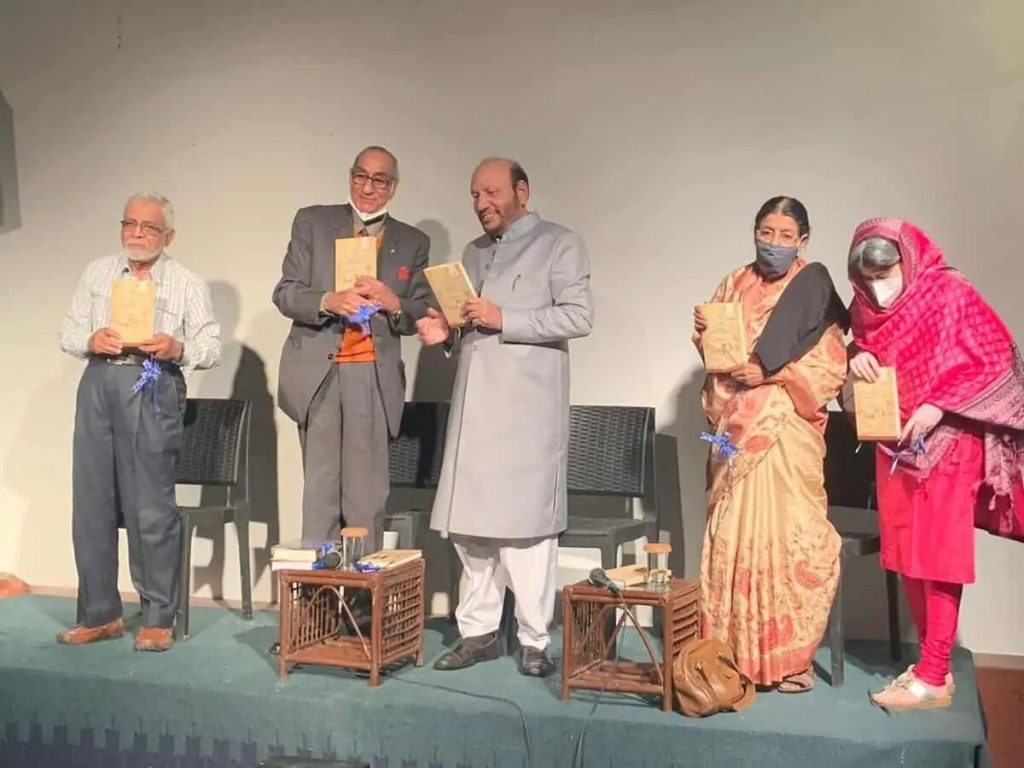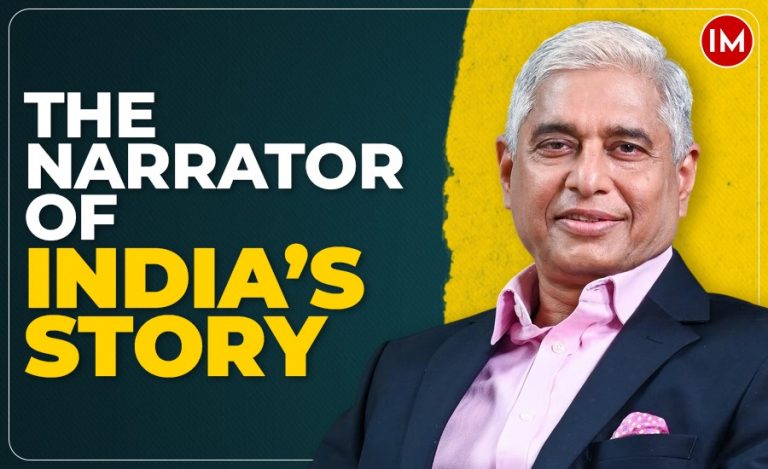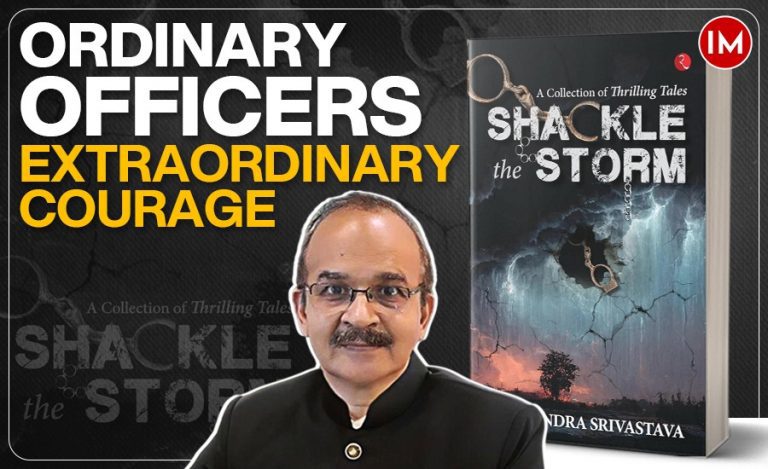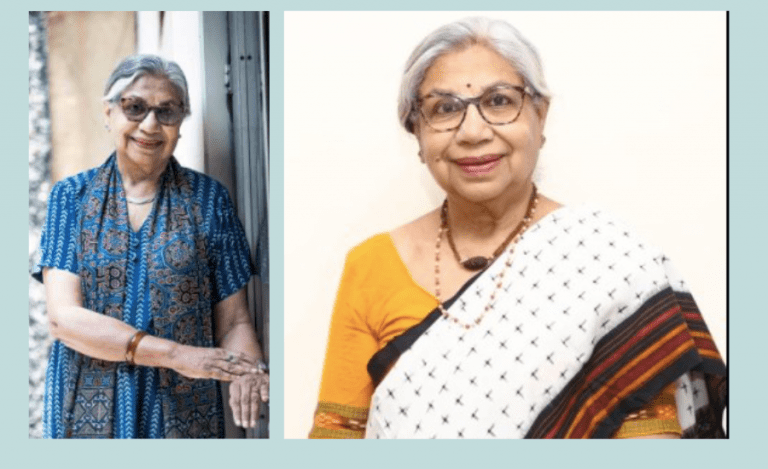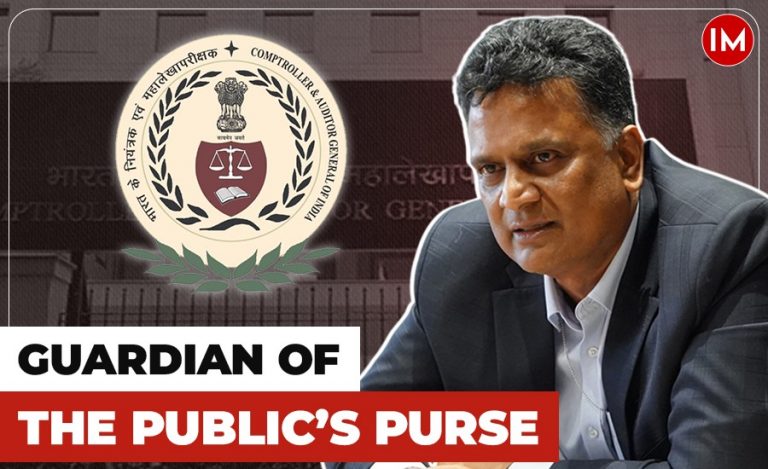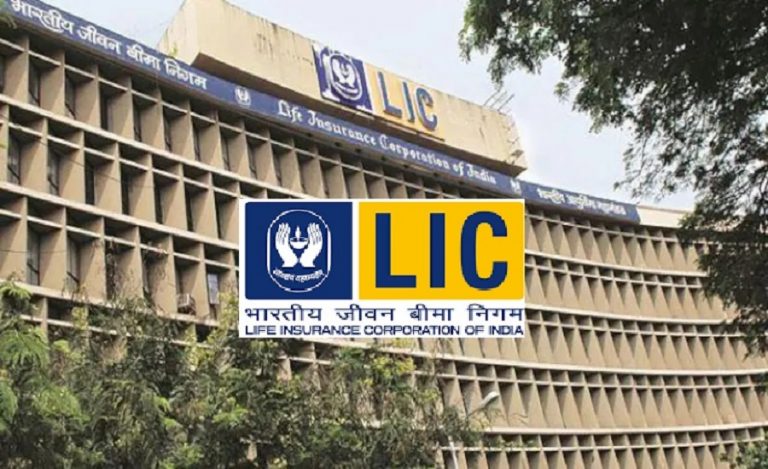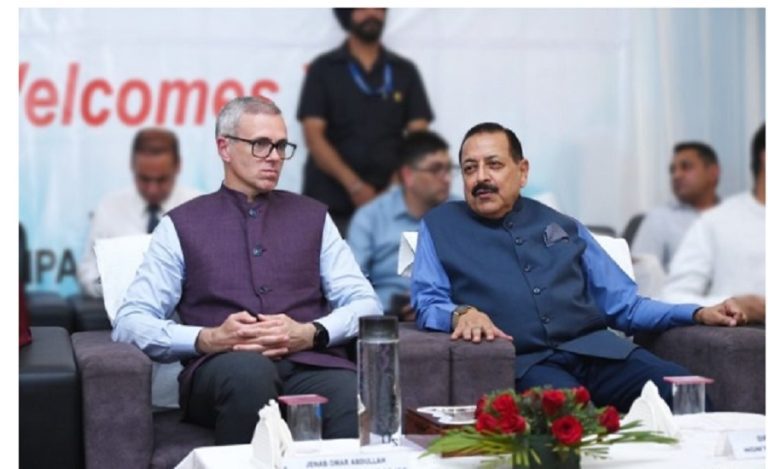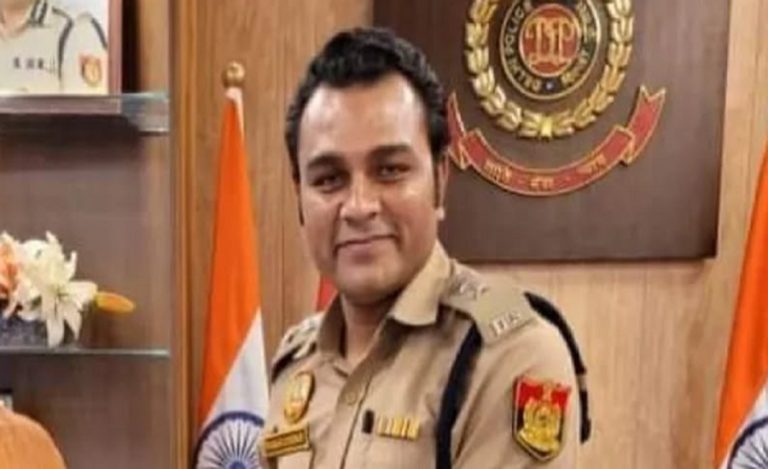When bureaucrats retire, they almost always follow their hobbies or passions now that they get ample time to devote to them. Similarly, retired Indian Police Service officer, Mr. Rampal Joshi, followed his passion for writing and came up with his autobiography, which he recently launched in an august gathering in Hyderabad. Indian Masterminds presents a few inside glimpses of the book, titled, Aata hai yaad mujhko guzra hua zamana.
THE AUTOBIOGRAPHY
The former DGP of Punjab Police, who’s been in the service for 30 long years, penned down his journey and myriad experiences in an autobiography, titled, Aata hai yaad mujhko guzra hua zamana, which, roughly translated, means, ‘Remembering the days gone by’. The book is replete with Urdu verses, highlighting the author’s love for the language.
“This walk down the memory lane is an ode to Urdu poetry as it is to a life well lived,” the retired officer said at the book launch.
LOVE FOR URDU POETRY
The book deals with his experiences meshed with the love for Urdu poetry. The title of the book itself is taken from Allama Iqbal’s poem Parinde ki faryaad (A bird’s plea).
Written in a lucid as well as a beautifully aesthetic style, Mr. Joshi combines the simplicity of English prose with the complexity of Urdu poetry. It is common knowledge that Urdu poetry on its own is rather difficult and takes years of study to properly grasp the meaning and significance of the poet and his writing.
However, Mr. Joshi does this wonderfully well by first narrating an interesting anecdote from his life and then presenting an Urdu couplet that manages to capture the narrative’s sentiment perfectly.
ENCOUNTER WITH REAL LIFE HERO
In the book, he describes various events of his life from the police service days. He starts off by describing his encounter with Sikh politician Jiwan Singh Umranangal, who he considers to be a perfect human being.
Mr. Joshi first got in touch with Umranangal over a phone call while posted in Amritsar as Additional Superintendent of Police. Umranangal had called Joshi to discuss some police matters. Mr. Joshi was, however, struck by the simplicity and straightforwardness of the caller.
Over the years, he got to know Umranangal well, and was remarkably impressed by his sublimity, simplicity, clean lifestyle, liberal heart, amazing capacity for hard work, and finally, his sympathy and perception in identifying the problems faced by urban and rustic workers. These workers could not speak for themselves, and Umranangal was their voice.
FINE BLENDING OF PROSE AND POETRY
The book has many examples of Urdu poetry manifesting itself in the officer’s personal anecdotes. The blending of prose and poetry produces a beautiful harmony, in which prose is beautified by poetry, and poetry is simplified by prose.
However, the book is not all sombre. Some of his anecdotes are exceptionally funny, as well. For instance, Mr. Joshi relates a story he heard from his professor when he was still an undergraduate student of Persian. A student had asked his professor, “How does one understand Persian poetry?” The professor half-jokingly remarked that since most of Persian poetry is about love, in order to understand, one must fall in love. The student left, and sometime later, came to give the professor an invitation card to his wedding!
The book not only offer glimpses of the author’s personal and professional lives, but also takes its reader into the lyrical world of Urdu verses. A must-read for lovers of Urdu poetry. It was launched by Professor Syed Ainul Hasan, Vice Chancellor of MANUU, Professor Ashraf Rafi, Retd Head of Department of Urdu at Osmania University, Humera Ahmed, Co-Founder of Lamkaan, and Prof Majid Bedaar, an illustrious academician.

